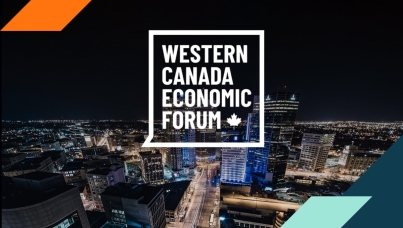When Culture and Commerce Collide
The recent U.S. tariff threat against Canada has created significant tension and sparked a discussion about Canada's relationship with the U.S. Despite a last minute 30 day pause, many Canadians have viewed the threatened tariffs as a hostile act against our economy and our country; some have called for prioritizing reduced reliance on U.S. trade and, at least momentarily, a “Buy Canadian” movement is taking hold.
While threatening punitive tariffs against America’s closest neighbour and trading partner may have been a lesson in the “Art of the Deal,” President Trump’s actions were further perceived by many to be an outright attack on Canadian sovereignty. Few appear to believe the tariffs were due to concerns about fentanyl, as the President claimed, and it has not helped that he continues to call for Canada to become the 51st state. Indeed, that is the only thing he has been saying consistently.
The result has been that President Trump has re-awakened declining Canadian pride, which is not surprising given that the tariffs were positioned as “economic force” designed to take control of Canada. The positioning of the tariffs as an existential threat to Canada - combined with extensive news coverage of the dire economic impacts - was bound to rally Canadians. What we don’t yet know is whether this renewed pride in Canada and Canadian products is a “moment” or a “movement.”
Prior to the tariff announcement, we already saw a desire for reducing economic dependence on the U.S. (52%) and asserting Canadian sovereignty (49%) as Canadians’ top priorities for dealing with President Trump.
We can expect those views to harden, at least over the next thirty days before the tariff reprieve “expires,” when we may face a new set of demands and conditions to delay tariffs further into the future. Will this new-found Canadian nationalism really translate into long-term changes in consumer behaviour?
Download the full paper here for Ipsos insights on what clients should do.

![[WEBINAR] KEYS: Screen Time](/sites/default/files/styles/list_item_image/public/ct/event/2026-01/thumbnail-keys-Screen%20Time_0.jpg?itok=eXdaOq5B)
![[WEBINAR] What the Future: Family - Canadian Edition](/sites/default/files/styles/list_item_image/public/ct/event/2026-01/wtf-family.png?itok=sZ2GZ8eY)
